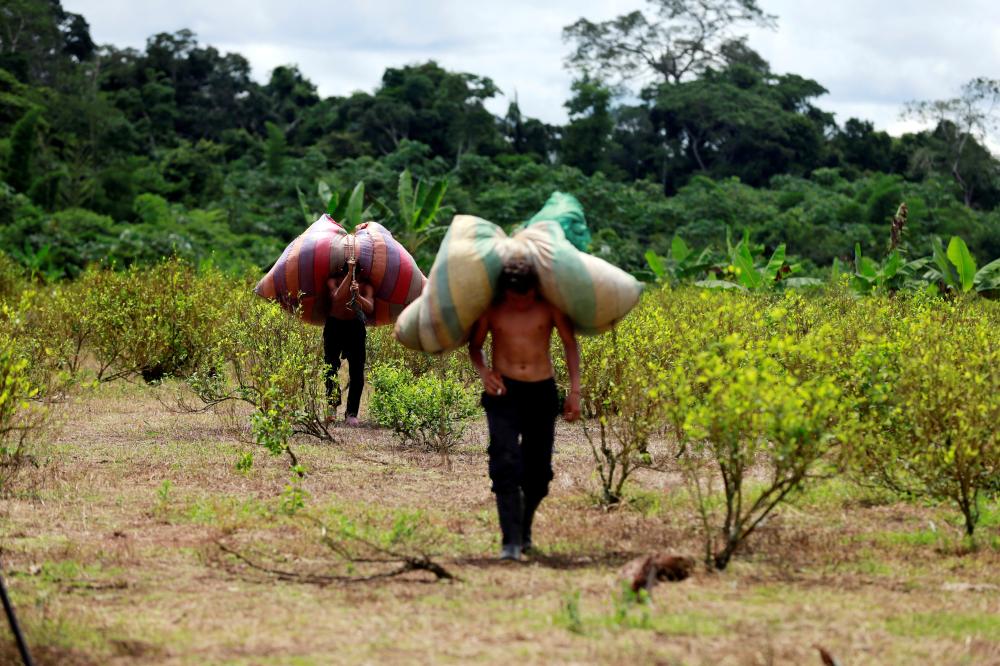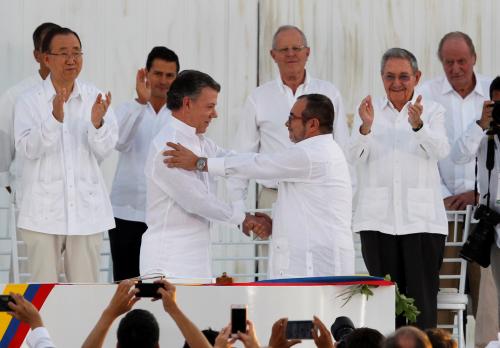
Colombia
What Colombia can learn from Thailand on drug policy
Experts discuss policy challenges in the aftermath of the 2016 peace agreement between the Colombian government and the Revolutionary Armed Forces of Colombia (FARC).



2017